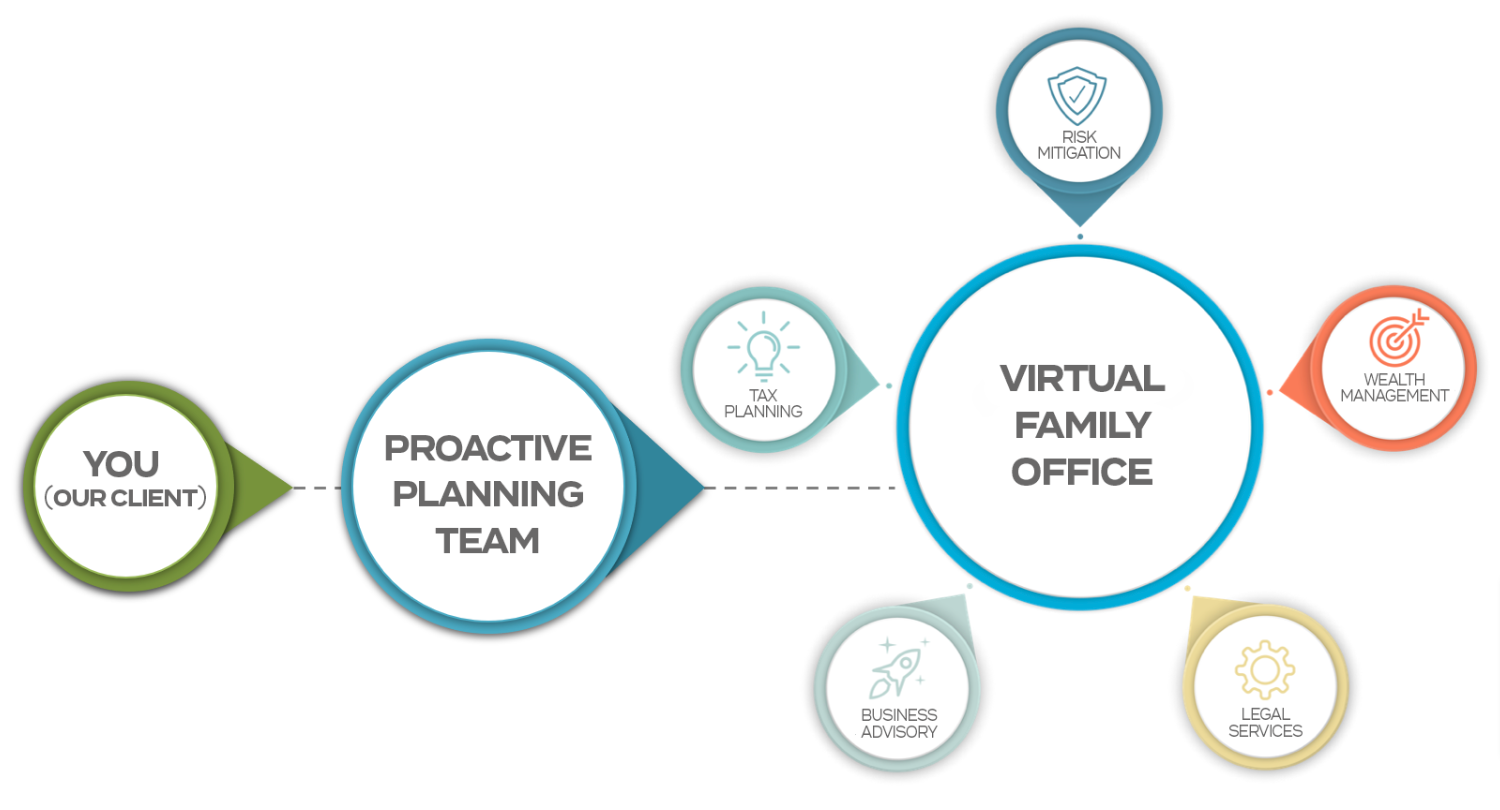Dale Hammernik’s Advice to Business Owners: Don’t Forget This!
There do seem to be some signs that our country’s economy is shaking off at least SOME of the doldrums. Despite all of the foreign policy chaos we’re seeing, domestically speaking stocks are high, confidence is steady, and though there are still plenty of reasons for concern, things could be improving in the Milwaukee & Waukesha Counties area, as well.
But even with various items of good news, we’ve all still gotta plug the holes in our own houses.
And this economy is certainly revealing some “holes” in some of my friends’ and clients businesses, here in the Milwaukee & Waukesha Counties area and beyond. Others are doing well, thriving even … but I want to say that discovering sales problems can be a healthy process, however painful — and certainly always worth it.
So I thought I would take this week’s Business Strategy Note to highlight some issues I’ve been seeing as I occasionally talk with friends and clients about their businesses…
Dale Hammernik’s Advice to Business
Owners: Don’t Forget This!
“It’s not what you look at that matters, it’s what you see.” – Thoreau
It’s always been hard-scrapping for small business owners. We’ve all heard the old adage: At least 85% and maybe as high as 98% of new small businesses fail before they hit the five year mark.
That rate may even have been higher over the past half-decade.
(So, by the way — not a bad reason to be proud; that you’re still riding this economy and haven’t given up yet. Don’t quit.)
Usually the “conventional wisdom”, especially among many accountants or service professionals in the financial arena, will tell you that the reason for that failure is “under-capitalization” and “poor fiscal management”.
But see, as a Milwaukee & Waukesha Counties accounting professional, I can point you to businesses that have failed with enough money to do everything they needed to do ten times over. And yet still, some management consultant will tell you it’s “poor management ability”.
I suggest to you that what it is in most cases is that the business owner decided that once he or she was in business they were done needing to sell.
It’s amazing, but many people in many types of businesses believe they don’t have to sell. For example, most doctors believe that they don’t have to sell. There are a lot of restaurant owners who believe that. Incredibly, there’s a lot of retail store owners who believe that “we open the doors and the customers come to us,” and “we don’t have to ‘sell’ anyone.”
I think you see how dangerous that thinking is. It may not be “classic” cold-calling or prospecting … but can you really believe that the patient consultations with doctors aren’t a sales process?
You obviously have some method you use to promote your business or you wouldn’t even be in existence. But you probably only have one method or two methods or three methods that you use consistently. So a good way to add a boost to your bottom line is to increase the number of methods you use.
The more methods, the more business. As marketing legend Dan Kennedy says, “Diversity is the creative opposite of laziness.” So you need to think, “How can I use more methods to attract the right kind of people to do business with me — more than any other competitor will use?”
The more methods, the more business.
Hopefully that thinking process has begun to take place for you today. Again, I don’t pretend to be a “guru” … I just see what works, and I pass it on.
Feel very free forward this article to a Milwaukee & Waukesha Counties business associate or client you know who could benefit from our assistance — or simply send them our way? While these particular articles usually relate to business strategy, as you know, we specialize in tax preparation and planning for Milwaukee & Waukesha Counties families and business owners. And we always make room for referrals from trusted sources like you.
Warmly (and until next week),
Dale Hammernik
(414) 545-1890
The post Dale Hammernik’s Advice to Business Owners: Don’t Forget This! appeared first on Talking Tax to Milwaukee.
See More Blog Posts







